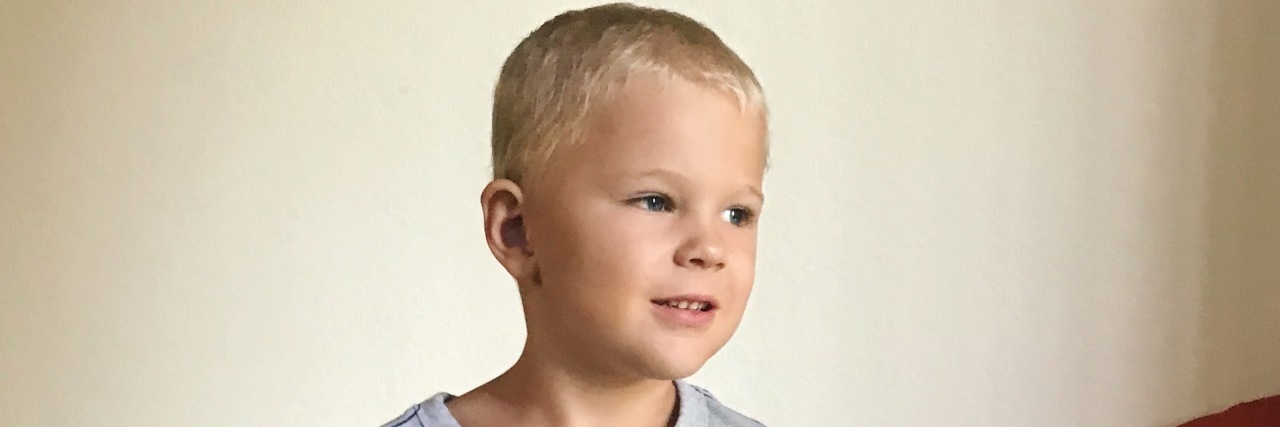The 5 People You Meet When Your Child Is on the Autism Spectrum
Our family has interacted with many people since receiving my son’s autism diagnosis over three years ago. People tend to fall under one of the following five categories:
1. The McCarthys.
Almost immediately after our son was diagnosed, I began meeting and hearing from people who knew of “cures.” The moment they heard my son had autism, they would launch into a list of herbal supplements, technology programs or diets that I just had to try. Honestly, these people are the hardest for me because they feed into my deep desire to help my son. All I want is for him to be happy and healthy, and these people claim to have the answer! They were just so sure that my son could be “cured.”
2. The Pity-Partiers.
We’ve also met people who, the moment they hear our son is on the spectrum, tear up and reply, “Oh, I’m so sorry” and “I can’t imagine being in your situation.” Things that you would say to someone who has cancer or a terminal illness, not a family with a child on the spectrum. This person thinks they are expressing sympathy, but you walk away from conversations with them feeling horrible.
3. The Wardens.
Every parent with a child on the spectrum knows there are certain accommodations that must be made for our kids. When I go to the grocery store, I bring a bag of “Pirates Booty” popcorn and a juice box. When we visit other people’s homes, my son will (carefully) rearrange certain items in their home and examine each piece for hours sometimes. When we make plans to visit new friends, this is mentioned beforehand to make sure they are comfortable. Unfortunately, there are people in this world who think these accommodations are “spoiling” or unnecessary. We’ve gotten some pretty nasty stares from people in restaurants when they see my son on his iPad. We’ve also been in situations where individuals ask us to stop our son from stimming (even though he isn’t hurting anyone or anything.) Accommodations… we have to make them for our kids, but some people will either silently or loudly object.
4. The Houdinis.
Some of my closest friends pre-diagnosis are no longer in my life. We didn’t have a dramatic fall-out or move to another state, but autism doesn’t fit into their life. I’m not angry over these lost friendships — I understand how for some people autism isn’t always “easy” or desirable. Our relationship just doesn’t work anymore. On the other hand, I’ve met several people who go above and beyond to include my son and his particular needs in their life. While you will definitely mourn the loss of friendships, pay close attention to the ones you gain and make sure they know how appreciative of them you are.
5. The Keepers.
I remember the first time I met my friend Hannah and I introduced her to my son. I started explaining how Levi is different than other kids. She didn’t fit the other categories, instead she responded, “Oh! I’m sure my girls will love him! When can we get together?” I stood there, at a loss for words. The idea that someone accepted autism, almost as if she didn’t hear me say it, was shocking to me. I hope and pray that every autism family meets at least one person like this. Someone who treats your kid like a kid, who knows they prefer high-fives to hugs, keeps your kid’s favorite foods in stock at her home, and buys “Hot Wheels” for your kid’s birthday because she knows how much he loves to line up his toys.
Once I learned that everyone I meet along this autism journey falls into a “category,” it helped me disconnect from the unhelpful or negatives responses. I’ve gotten stronger at de-personalizing comments. Instead of crying in my car, I walk away and think, “Oh, she’s definitely a McCarthy!” Every day I’m learning how to focus my energy and attention on helping my son become the very best version of himself because ultimately, that’s the only thing that matters.

